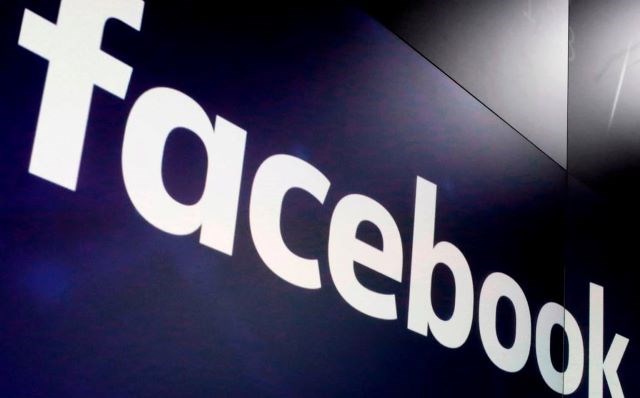I’m not sure who would find it particularly shocking to learn that Facebook fuels misinformation and Instagram, which is owned by Facebook, can lead to poor body images, particularly among girls.
Social media observers, and frankly anyone with their eyes open, have been saying this for some time. What is shocking, however, is who just happened to say exactly that earlier this week.
Frances Haugen is a 37-year-old former Facebook product manager, and she’s been spilling the beans at a U.S. Senate hearing.
Haugen is not the first former Facebook employee or associate to call out the company, but she is the first to make those claims backed by reams of internal data that apparently show company leaders, Mark Zuckerberg et. al., knew this to be the case, based on their own research, but made the conscious decision to ignore it in pursuit of profit.
Some are calling this Facebook’s “tobacco moment” — the point where the public learned that the tobacco industry’s own research showed the product was linked to cancer, while tobacco companies continued to vehemently deny those claims.
Granted, this isn’t exactly the same, because, unlike smoking tobacco, there are many social benefits we gain from Facebook and its various apps. Still, the suggestion that individuals at the top of this extremely opaque company didn’t just know the harmful effects of what they were doing but tweaked their algorithms to further exploit hatred and division in the name of astronomical profits, is worth a pause.
The ironic thing here is that while Facebook’s apparent habit of fostering filter bubbles and echo chambers that create huge chasms between groups, Haugen’s testimony has done the opposite. At one point in the proceedings, Democratic and Republican senators joked about how they finally have something they can agree on — the dangers of Facebook.
It’s also worth noting that these revelations are coming out in the middle of National Newspaper Week and its “Champion the Truth” campaign.
Newspapers, including the Richmond News, have had a, shall we say, complicated relationship with Facebook.
On one hand, we need it. Many of our online readers come to our website via our Facebook site.
The challenge, however, for us, and all newspapers, is just trying to compete online with a platform that doesn’t seem bound by the same ethics.
It’s been said many times that a lie will have travelled the world by the time the truth has laced up its boots.
Newspapers are about the truth. That’s not to say they’re perfect or they don’t get it wrong, but the very ethos of journalism is about getting at the truth.
In their book, The Elements of Journalism, Bill Kovach and Tom Rosenstiel state, “Journalism’s first obligation is to the truth.“
They note that “journalist truth” is not the same as scientific or philosophical truth but a process that begins with the professional discipline of assembling and verifying facts, then conveying those facts in a fair and reliable way that provides meaning, subject to further investigation.
Well, that’s not so sexy. It doesn’t tend to twig that lizard part of our brain that reacts with panic or outrage. Rather, the truth is often complex and nuanced, forcing us to engage our rational mind.
But while newspapers can get left in the dust in the race for clicks, humans are also intelligent, compassionate creatures who are curious about others, interested in being challenged, and don’t simply want their biases confirmed.
At least that’s my view, and the view of most of us in this business. If it wasn’t, we wouldn’t still be here.



